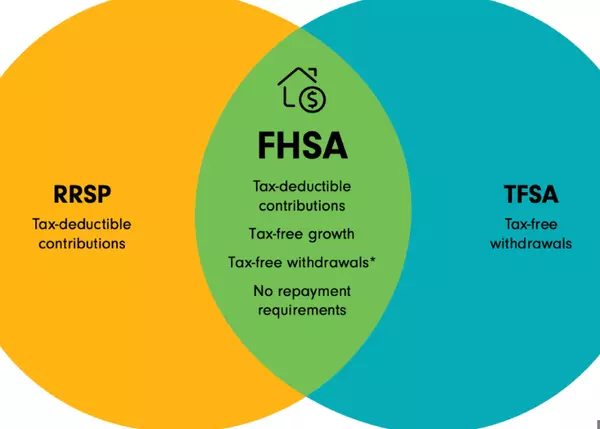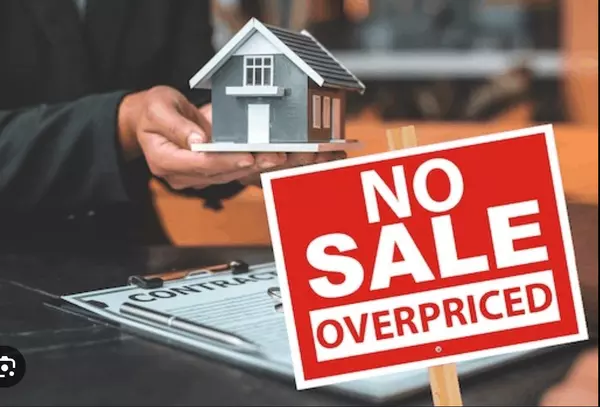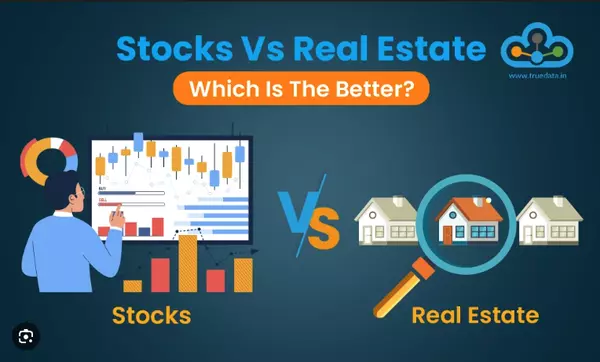Why Some Investors Lose Money in Real Estate (Biggest Mistakes)
Why Some Investors Lose Money in Real Estate (Biggest Mistakes)
Real estate is often sold as the safest path to wealth. You hear phrases like “real estate never loses value” or “everyone needs a place to live.” While there is truth in those statements, the reality is that plenty of investors lose money. Sometimes they lose a little through unexpected expenses, and sometimes they lose everything through bad planning. The difference between those who build long-term wealth and those who stumble often comes down to avoiding common mistakes.
Let’s break down the biggest missteps that cause investors to fail and, more importantly, how you can sidestep them.
The Truth About Real Estate Investing
Why Real Estate Feels Safe but Isn’t Foolproof
Real estate offers tangible value, rental income, and long-term appreciation. But it is not bulletproof. Markets fluctuate, interest rates rise, and poor decision-making can turn a promising deal into a financial nightmare.
The Difference Between Wealth Builders and Money Losers
Successful investors treat real estate like a business. They rely on data, build reserves, and anticipate risk. Struggling investors, on the other hand, often chase hype or skip due diligence. The contrast lies not in luck but in preparation.
Mistake 1: Skipping Proper Market Research
Chasing “Hot” Areas Without Data
Too many investors chase the next “it” neighborhood because of word of mouth or social media buzz. What they forget is that by the time everyone is talking about it, prices are usually inflated. Without analyzing fundamentals like job growth, infrastructure projects, and demand, you risk buying at the peak.
Ignoring Local Economic Trends
A city might look booming, but if the main employer shuts down or population growth stalls, rental demand could plummet. Smart investors go beyond surface-level hype and study long-term economic indicators.
Mistake 2: Overleveraging with Debt
The Appeal of High Leverage
Real estate is attractive because you can buy properties with borrowed money. The problem comes when investors push leverage to the limit. A property that looks great on paper with 80–90% financing can collapse under stress.
How Rising Rates Can Crush Cash Flow
Even small increases in interest rates can turn positive cash flow negative. If your property relies on razor-thin margins, rising debt payments can quickly eat profits and force a fire sale.
Mistake 3: Underestimating Expenses
The Hidden Costs of Property Ownership
Mortgage payments are only the beginning. Insurance, property taxes, utilities, HOA fees, and management costs add up fast. Investors often underestimate these expenses and overestimate profits.
Repairs, Maintenance, and Vacancy Risks
A new roof, broken furnace, or long vacancy can wipe out a year’s worth of profit. Smart investors budget for at least 5–10% of rental income to cover unexpected issues.
Mistake 4: Emotional Decision-Making
Falling in Love with a Property
Buying an investment home based on how much you like it is dangerous. Your personal taste in kitchens or backyards should not dictate financial decisions.
Ignoring the Numbers
Every property should be treated as a spreadsheet first and a house second. If the math does not work—cash flow, appreciation potential, and expenses—then it is not a good deal, no matter how charming it looks.
Mistake 5: Poor Property Management
Tenant Screening Mistakes
Choosing the wrong tenant can cost thousands in unpaid rent and property damage. Cutting corners in background checks, income verification, and references often backfires.
Neglecting Maintenance and Communication
A well-maintained property keeps tenants happy and protects long-term value. Ignoring repairs or failing to communicate with tenants often leads to turnover, vacancies, and lower profits.
Mistake 6: Misjudging Timing and Exit Strategies
Flipping in the Wrong Market
Flipping homes looks glamorous on TV, but if the market cools or materials costs spike, you may be stuck holding a property you cannot sell for a profit.
Not Planning for the Long Game
Investors sometimes assume they can sell quickly, but real estate is not always liquid. Without a backup plan, like converting a flip to a rental, you may be forced to sell at a loss.
Mistake 7: Tax and Legal Oversights
Failing to Structure Investments Properly
Owning multiple properties in your personal name exposes you to unnecessary liability. Structuring investments through corporations, partnerships, or LLCs can offer legal protection.
Ignoring Tax Liabilities
Taxes on rental income, capital gains, and depreciation recapture can catch investors off guard. Failing to plan for tax implications can erase profits that looked good on paper.
How to Protect Yourself as an Investor
Build a Conservative Financial Model
Always run numbers based on conservative estimates. Assume higher expenses, longer vacancies, and slower appreciation. If a deal still works under those conditions, it is likely solid.
Leverage Professionals and Mentors
Hire an experienced realtor, property manager, and accountant. Learn from mentors who have already made mistakes so you do not repeat them.
Prioritize Education and Due Diligence
Study market cycles, financing structures, and property management. Real estate rewards those who do their homework and punishes those who take shortcuts.
Conclusion: Turning Mistakes into Lessons
Investing in real estate can build generational wealth, but it can also drain your bank account if you ignore the fundamentals. The investors who succeed are not always the smartest or richest—they are the ones who learn from mistakes, stay disciplined, and treat real estate like a business. Every misstep has a lesson. The key is to pay attention before those lessons get too expensive.
FAQs
Q1: Is real estate still a good investment in today’s market?
A: Yes, but only with careful analysis. Markets shift, so investors must focus on fundamentals like job growth, demand, and cash flow instead of hype.
Q2: How much cash should I keep in reserves?
A: Most experts recommend three to six months of expenses per property, including mortgage, taxes, and maintenance.
Q3: Is flipping riskier than buy-and-hold investing?
A: Flipping can be profitable, but it carries higher short-term risk. Buy-and-hold strategies are usually more forgiving because they spread risk over time.
Q4: What is the biggest beginner mistake in real estate investing?
A: Overestimating profits and underestimating expenses. Many new investors forget to budget for vacancies, maintenance, and taxes.
Q5: Should I invest locally or out of province/state?
A: Both can work. Local investing gives you control and familiarity, while out-of-area investing offers diversification. Just make sure you understand the market and have a reliable team in place.
Categories
Recent Posts










GET MORE INFORMATION

Agent
